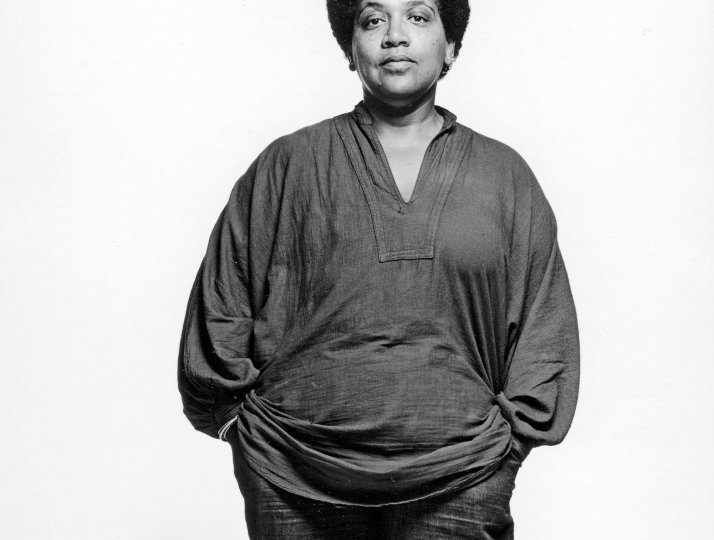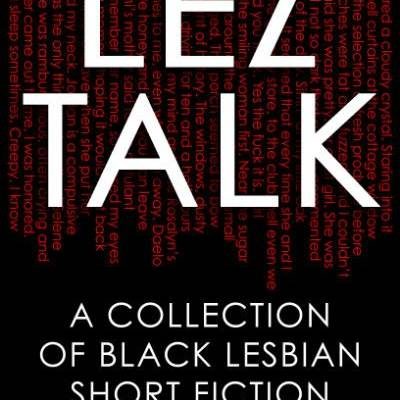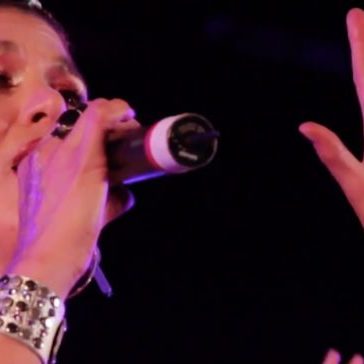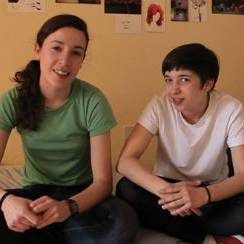
If being a woman wasn’t enough of a challenge already, imagine also being a lesbian and on top of that, also being a woman of color.
These “three strikes” against women in this category place black and brown queer women in extremely vulnerable situations.
Some of you may be asking, “how is this possible?” Within the women’s category, we share some common problems, and yet many other problems we do not. For example, some of us white women are worried about our children’s future. We do not want our children to be another member of the patriarchy when they grow up. On the other hand, black and brown mothers, you are scared that your children will be murdered when they are out running errands.
We, white women, as lesbians, fear not being accepted by our environment. As for lesbians of color, you fear lack of representation and lack of visibility. You are afraid of losing that part of the society that corresponds to you and that gives you autonomy, allowing you to dare and live a life according to who you are and what you feel.
Being a woman of colour and a lesbian, with all the burden that it entails, it’s extremely difficult, because our racist and patriarchal society does not forgive who we are.
Imagine how it must be to be black and a lesbian in a country like South Africa, which has not yet overcome Apartheid, even though in the West we may believe that Apartheid belongs in the past. Discrimination is felt in an environment where the LGTBI community is harassed and humiliated on a daily basis. They are haunted by the intransigence of a society that considers them alien to everything considered African.
Being a woman, black and a lesbian are like living in the shadows. Your rights are not the same as those of a heterosexual person, your life experiences in terms of discrimination and racism are not equal to that of a white person. Even in the sexual-emotional sphere, there are many lesbian women of colour who aspire to have a white or mixed-race partner. The LGBTQI world is not exempt from racism, it lives hand in hand with classism that identifies people’s skin colour with social status.
When I was a teenager I thought there was only one type of lesbian and that was my type: the white middle-class lesbian. It never crossed my mind that there were black, indigenous, or Asian lesbians among others. I did not know any minority lesbian women, and I had no references for any minority lesbian women. This was because they were not represented in any books, movies, or television.
In order to change this, we must see a representation of ourselves so that we can begin to de-construct the collective imagination and find our essence, our history, and our pride. Black and white lesbians need to be included in the public’s view in order to see ourselves represented and so that others cannot speak on our behalf. We cannot hide, we have to go out on the streets so that everyone knows that we exist and to be able to fight for the rights of those who are disenfranchised. We must do what those who came before us did on our behalf, they fought for our rights when we did not have them.
As Audre Lorde (New York, 1934-Sain Croix, 1992), an icon of Afro-American feminism for civil rights said against racism and oppression:
“I write for those who do not have a voice because they were so terrified, because we are taught to respect fear more than ourselves. We´ve been taught that silence would save us, but it won´t”.
I recommend her book “The Black Unicorn” (1978), where she explores different identities and the oppressions of a black lesbian woman in the United States in the 70s.
Definitely, there is still a lot of work to do, and I firmly believe that the LGBTQI movement must begin to question our privileges within our own community and de-construct our own racism.



